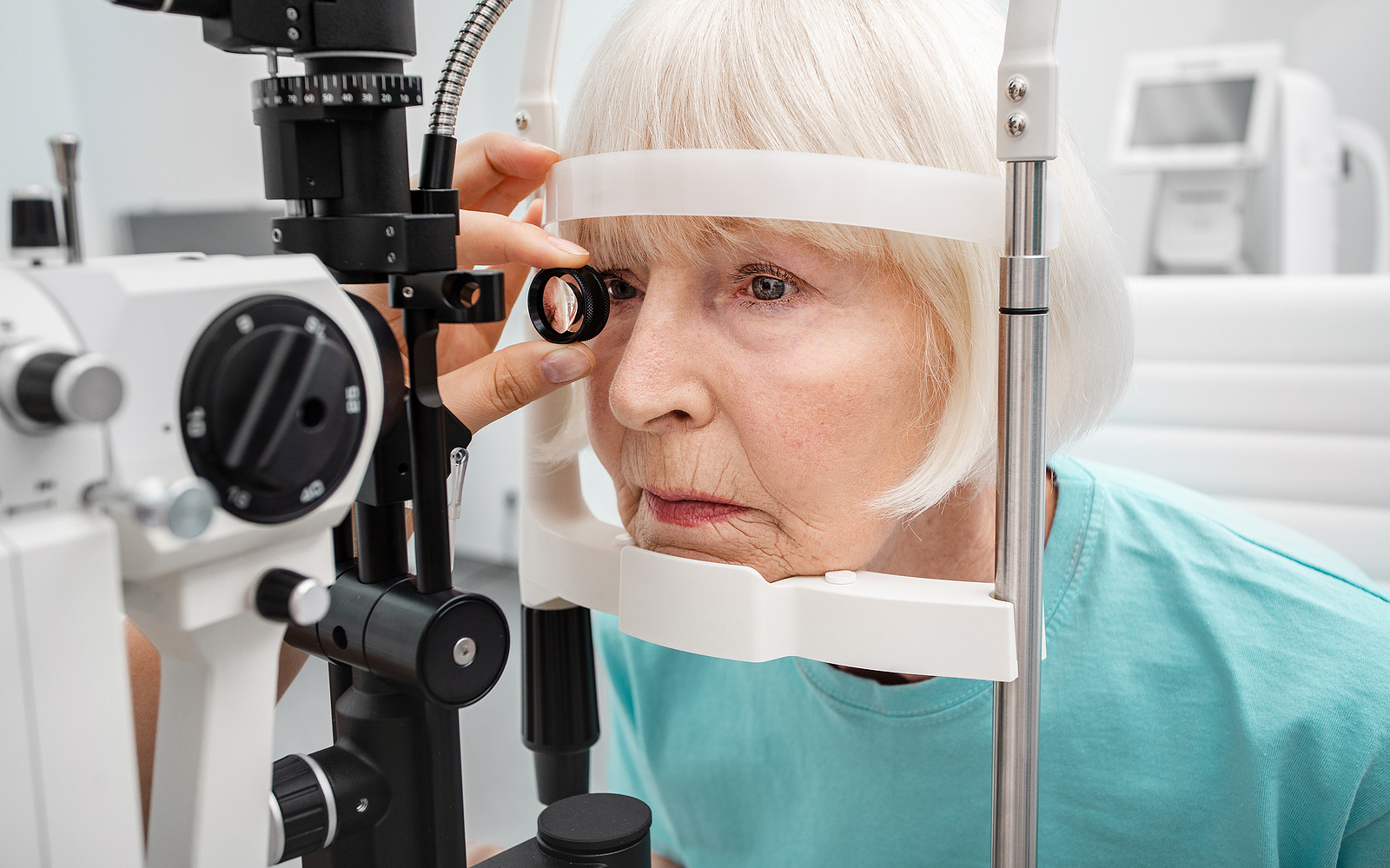How to Have a Successful Recovery from Cataract Surgery

Cataract surgery has a great success record, but patients must follow certain procedures to make sure their recovery goes smoothly.
Each year, eye surgeons perform more than 3 million cataract surgeries in the U.S. It’s estimated the success rate for restoring full vision to cataract patients tops 90%.
During the procedure, the surgeon lifts out the cloudy lens and replaces it with an intraocular lens (IOL). The outpatient surgery takes less than an hour, and the patient is given a local anesthetic or a mild sedative. Afterwards, patients must wear an eye shield for several hours.
Once surgery is done, patients may experience distorted vision, but this usually goes away within an hour. Patients may also notice red or bloodshot eyes after the surgery. Again, the condition fades within days as the eye heals.
Patients can expect a complete recovery and clearer vision in about 30 days. Nevertheless, if you want to achieve the optimal results from your surgery you must follow some precautions in the days following the operation.
Here are six do’s and don’ts to follow:
DON’T drive for 24 hours after the surgery. As stated previously, your vision may be blurry after the surgery and you’ll be wearing an eye shield; therefore, it’s recommended that a friend or relative take you to and from the doctor’s office. If you need to go anywhere the day following the surgery, have someone to drive you to the destination. Ask your doctor when you can safely drive again.
DON’T participate in any strenuous activities for a few weeks. This includes heavy lifting or vigorous workouts. Also, be careful not to bend over, as this movement puts pressure on the eye. However, you can do some light housework, watch TV, and read at a computer.
DON’T swim for at least a week. Germs grow in wet environments like swimming pools, hot tubs, and saunas. In order to prevent infections in the eye, avoid dips in the pool or hot tub.
DO follow doctor’s orders. This means administering the prescribed antibiotic and anti-inflammatory eye drops several times daily during the first week of your recovery. Visit your doctor for follow-up appointments to ensure your recovery is on track.
DO be gentle with your eyes. Refrain from rubbing your eyes or staying in areas where there is a lot of dust or grime as this will irritate your eye. Be sure to wear your eye shield at night so you don’t rub your eye while you sleep.
DO contact your doctor if your vision shows no improvement. While your eyesight may not immediately return to normal, you should alert your surgeon if you experience intense pain, a discharge from the eye, continued redness and swelling, or see flashes of light.
When one eye heals, your doctor can perform cataract surgery on the other, giving you perfect vision for many years in the future. However, despite its high success rate, the benefits of cataract surgery only come about if you take good care of your eye in the days and weeks following the operation.
Learning More About Cataracts
To learn more about cataract surgery and what to expect before and after the procedure, talk to one of the specialists at Swagel Wootton Eye Institute. You can book an appointment by calling our Mesa and Chandler locations office or filling out an online form.
[DISPLAY_ULTIMATE_SOCIAL_ICONS]








